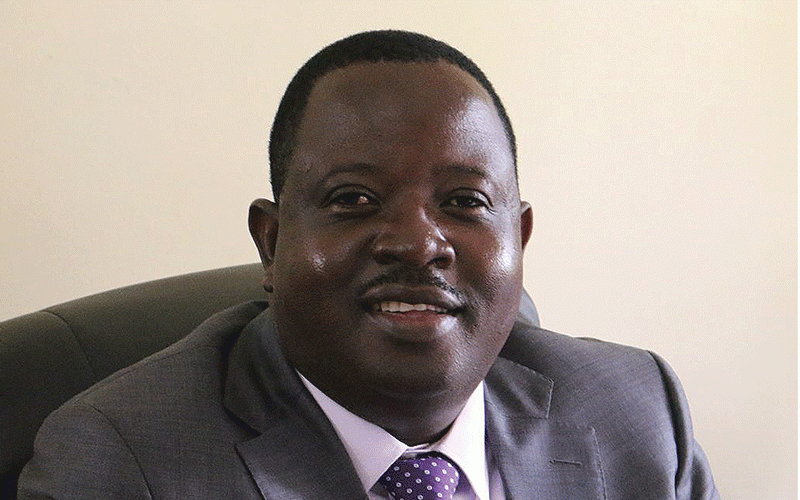
HEALTH sector organisations have called on the government to consider domestic health financing as it is essential in improving health standards in the country.
Community Working Group on Health executive director Itai Rusike said it was the responsibility of government to ensure that healthcare was affordable or free, particularly for the poorest and most vulnerable in society.
“When populations are healthy, communities and economies prosper. That is why on this Universal Health Coverage Day 2024 we call on decisionmakers in Zimbabwe to protect people from financial hardship when accessing health services,” he said.
Rusike said the advent of a new Constitution meant that government as the guarantor must commit to health as a human right and mobilise domestic resources to fund a health benefit that is accessible to all.
“The health system in Zimbabwe has suffered a number of setbacks and now in its fragile state, requires a major transformative approach to get it back to its functional status. In our view a revitalisation of the primary healthcare approach that built and sustained Zimbabwe's health successes in the post-independence years, is a most plausible strategy to enable the country to achieve universal access to health, the sustainable development goals and other 2030 targets.
“An accompanying national health financing and research agenda that is largely informed by local needs, embracing the country and global objectives will best inform the national health trajectory as well as help track progress or lack of it,” he said.
He said increasing public health expenditure in tandem with the increased population and growing disease burden is an urgent imperative.
“Raising domestic public funds is essential for universal health coverage (UHC). No country has made significant progress towards UHC without increasing reliance on public revenues.
- Measles outbreak looms in schools
- COVID-19 cases rising
- ‘Poor funding threatens health sector’
- 670K kids die of pneumonia yearly
Keep Reading
“Sustainable progress towards UHC requires that a country's health financing system consistently generates sufficient, largely domestic resources. Empirical evidence has shown that government financing is the most efficient and equitable way to fund health coverage,” he said.
In a statement to mark Universal Health Coverage Day, the International Alliance of Patients’ Organisations said the responsibility for ensuring universal health coverage lied with government.
"The theme for this year “Health: It’s on the government!” highlights the essential role that governments play in creating robust health systems that ensure no one is left behind. The message is clear: Over the last 20 years, financial protection has progressively deteriorated,” the statement read.
The 2023 UHC Global Monitoring Report published by the World Health Organisation and the World Bank revealed that over half of the global population still lacks access to basic health services and 2 billion people struggle financially to pay for the needed services.
Universal Health Coverage Day, celebrated on December 12, is the annual rallying point for the global health movement to amplify the call for safe, quality, accessible and sustainable healthcare for everyone.










